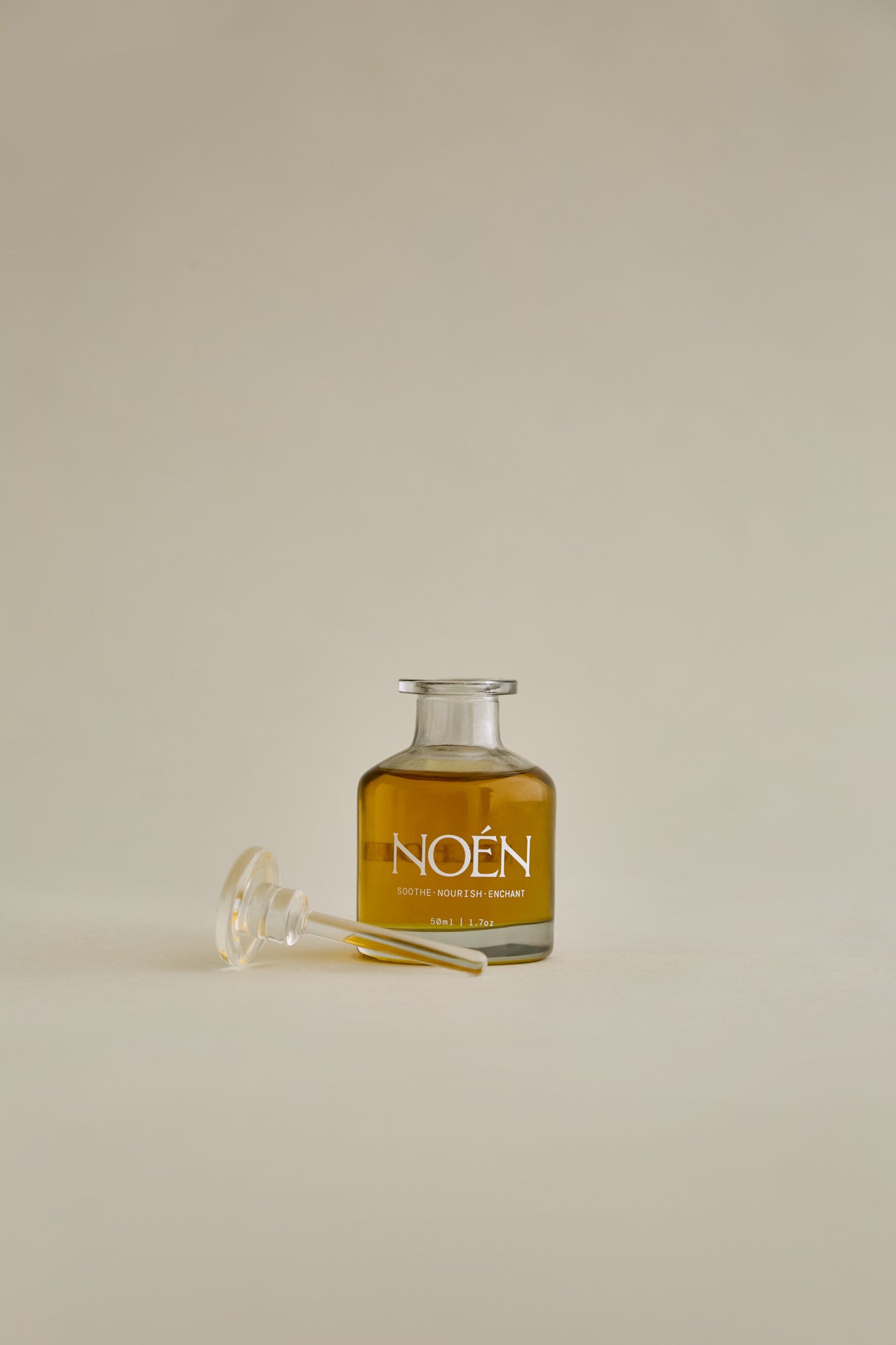27 MARCH 2025 | Gigi Galasso
Let’s talk about one of the greatest performances in history, no, not Meryl Streep in The Devil Wears Prada or Julia Roberts in Pretty Woman. I’m talking about you, that one time you faked an orgasm so well you considered adding “actress” to your LinkedIn profile. The way you arched your back, the breathy sighs, the final crescendo, Oscar-worthy. But in the afterglow of your stunning performance, you probably thought: “Why did I just do that?”

We’ve all been there. Faking it is practically a rite of passage, passed down like an unspoken tradition. But why? Why do we fake the very thing that’s supposed to bring us pleasure? Let’s break it down.
For some, it’s the fake it till you make it mentality. Maybe if you pretend to be on the brink of ecstasy, your body will get the memo. (Sometimes it actually works, our brains are wild like that.) Others fake it out of kindness, thinking, “He’s really trying, and I don’t want to hurt his feelings.” A noble act, sure, but your pleasure shouldn’t be sacrificed to protect someone’s ego. Then there’s the classic “I just want this to be over” scenario, which, let’s be real, deserves an entirely separate article titled Why Did I Even Agree to This in the First Place? But beneath the theatrics and fake moans lies a deeper issue, the epidemic of pedestals.
Here’s the thing, when you fake an orgasm, it’s not just about that moment. It’s often about something bigger, putting your partner’s needs above your own, making sure he feels like a god instead of making sure you feel good. Somewhere along the way, we’ve been programmed to prioritize their experience over ours, as if our pleasure is a supporting character in their story. Newsflash, love, sex, and intimacy, whether it’s a one night thing or a lifelong romance, should be an equal give and take. Not a performance. Not a favor. Not a one-sided worship session where you’re kneeling at the altar of his ego while neglecting your own needs.
This programming runs deep, buried within generations of women who were taught that their role is to please, to be desirable, to be wanted, but not necessarily to want. Our grandmothers, our mothers, and their mothers before them lived in a world where their worth was often measured by how well they served others.
That conditioning doesn’t just disappear overnight, but we have the power to break the cycle. We need to step out of our ancestors' minds, out of the traumas they unknowingly passed down, and rewrite our relationship with intimacy. Healing happens when we stop performing and start guiding, not from a place of resentment, but from a place of love. Love for ourselves, for our bodies, and for our partners. Real love isn’t about pretending, it’s about showing up as your fullest, most authentic self and allowing that to be enough.
So how do we fix this? We start by honoring our desires. Ask yourself, what do I actually want? What makes me feel good? Sex isn’t about meeting a quota, it’s about deep, raw, delicious pleasure for both of you. Communicating without apologizing is also key. There’s nothing sexier than confidence. You’re not “difficult” for guiding your partner toward what works. You’re just as deserving of satisfaction as they are. And most importantly, we need to ditch the pedestal. Love, real, fulfilling love, isn’t about one person constantly performing while the other basks in adoration. It’s about mutual respect, passion, and a shared journey to pleasure.
So let’s retire the fake moans and Oscar-worthy finales. Let’s be honest, with ourselves, with our partners, and with our bodies. Because when love is equal, kind, and caring, you don’t walk away from sex feeling like a performer, you walk away holding its hand.







